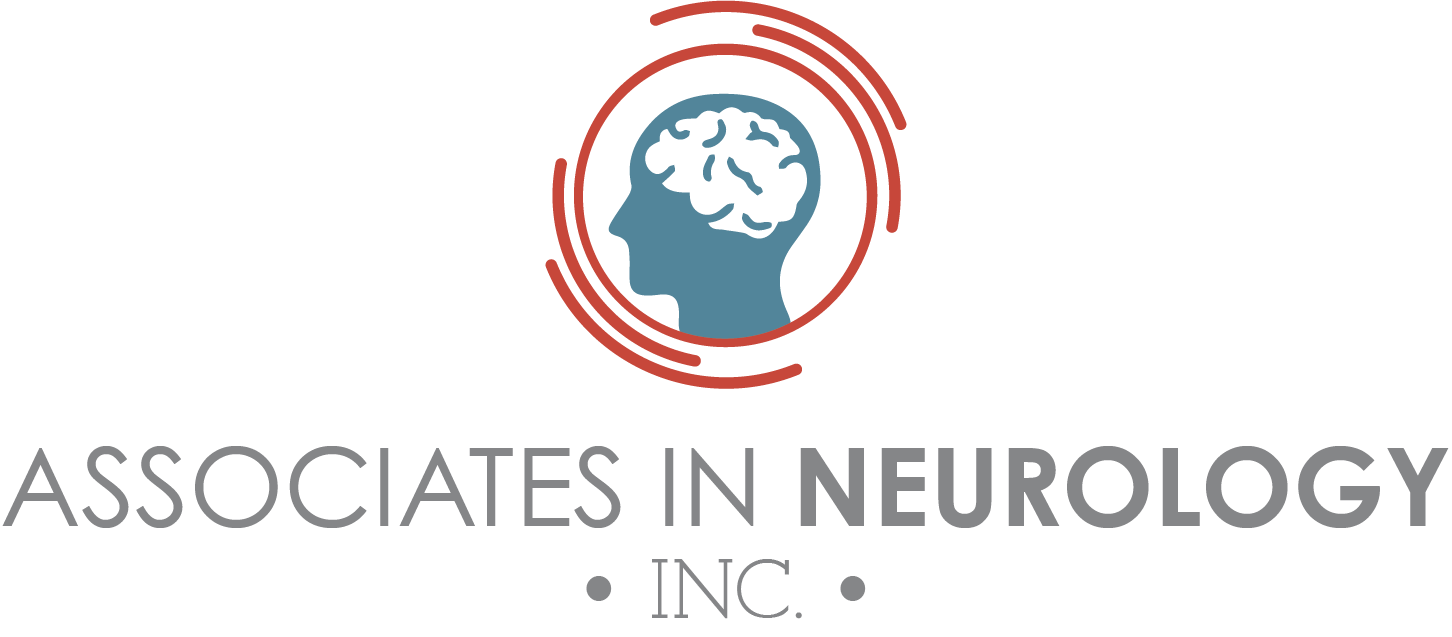Diagnostic Testing Provided in our Office
Depending on your specific symptoms, your physician may order one or more of the following diagnostic tests. The results and interpretation of your testing is the first step in your diagnosis and course of treatment.
EEG (Electroencephalogram)
An EEG is a recording of the electrical activity of the brain. The electrical activity is recorded as wavy lines on the computer and is examined by a trained physician. An EEG can be used to evaluate:
•Seizure disorders
•Stroke
•Infections of the central nervous system
•Degenerative disorders (Alzheimer’s, Parkinson’s Disease)
•Head trauma
•Headaches
•Brain tumors
•Passing out/fainting
AEEG (Ambulatory Electroencephalogram)
An AEEG is a longer recording of an EEG that includes prolonged periods when you are both awake and sleep. This kind of recording is made by using a special recorder that is slightly larger than a portable cassette player. You wear it on your waist with the wires running under your shirt and go about your normal routine for up to 72 hours.
EMG (Electromyogram)
An EMG evaluates the nerve pathway by placing electrodes on the nerve and muscle endings on the hands or feet along the nerve pathway. During this test, the nerve is stimulated with a brief electrical charge, and then a neurologist places a tiny fine wire partially into the muscle to listen and watch if the muscle sounds and looks healthy. This test evaluates:
•Myopathy
•Carpal tunnel syndrome
•Myasthenia gravis
•Neck and back pain
•Peripheral neuropathy
•Radiculopathy
•Degenerative diseases
•Spinal diseases
NEUROTRAX
A computerized test that assess brain wellness across an array of cognitive domains including: memory, executive function, visual spatial perception, verbal function, attention, information processing speed, and motor skills.
“Thank you for all of the compassionate care you gave my husband!”

